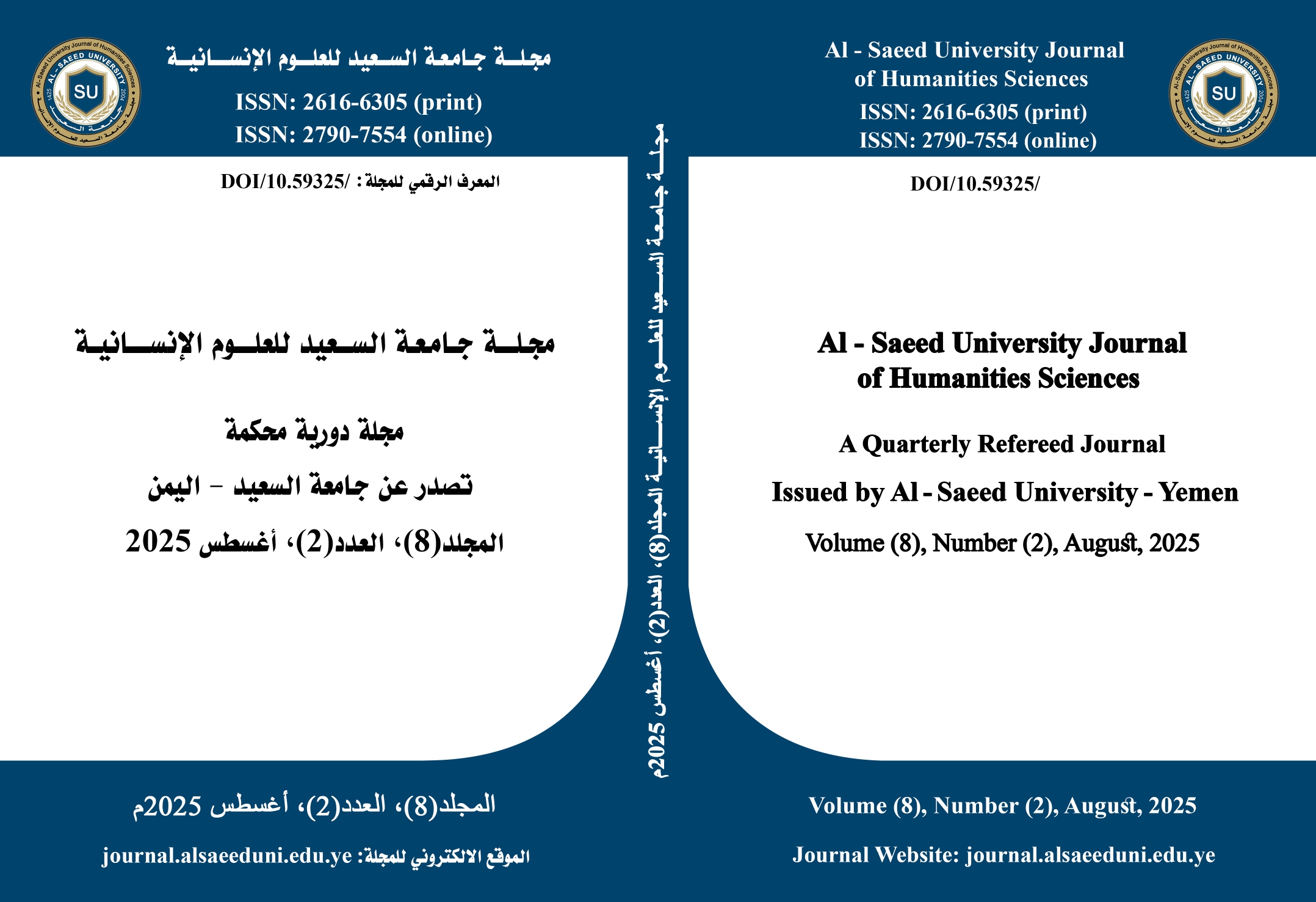The Punishment for Apostasy in Contemporary Islamic Discourse
DOI:
https://doi.org/10.59325/sjhas.v8i2.270Keywords:
Apostasy, Punishment, Contemporary Discourse, Islamic Thought, Freedom of Belief, RenewalAbstract
This study addresses the issue of the apostasy punishment in contemporary Islamic discourse by surveying and examining the most prominent views presented by Muslim scholars and intellectuals in this field. The research begins with a brief description of the issue of apostasy and a concise presentation of its prescribed punishment as found in classical Islamic jurisprudence, along with the previius found evidence cited by jurists from the Qur’an, the Sunnah, scholarly consensus, and rational argumentation.
The study then moves to explore the approaches adopted by contemporary Islamic discourse in addressing this issue. It identifies three main trends:
The traditional-conservative trend, which relates classical juristic ruling on apostasy punishment as it appears in the related heritage.
The reformative trend, which links the punishment to political dimensions related to treason and rebellion.
The liberal or open trend, which denies any worldly punishment for apostasy. It reinterprets certain religious texts, and disregards others as evidence.
The study also presents the key arguments relied upon by each group. Finally this study is concluded by the findings and some concerned recommendations.
Downloads
Published
How to Cite
Issue
Section
License
Copyright (c) 2025 جبران ناجي جبران يحيى، وضاح سالم هيثم راجح

This work is licensed under a Creative Commons Attribution 4.0 International License.
copyright is retained by the authors. Articles are licensed under an open access Creative Commons CC BY 4.0 license, meaning that anyone may download and read the paper for free. In addition, the article may be reused and quoted provided that the original published version is cited. These conditions allow for maximum use and exposure of the work.



